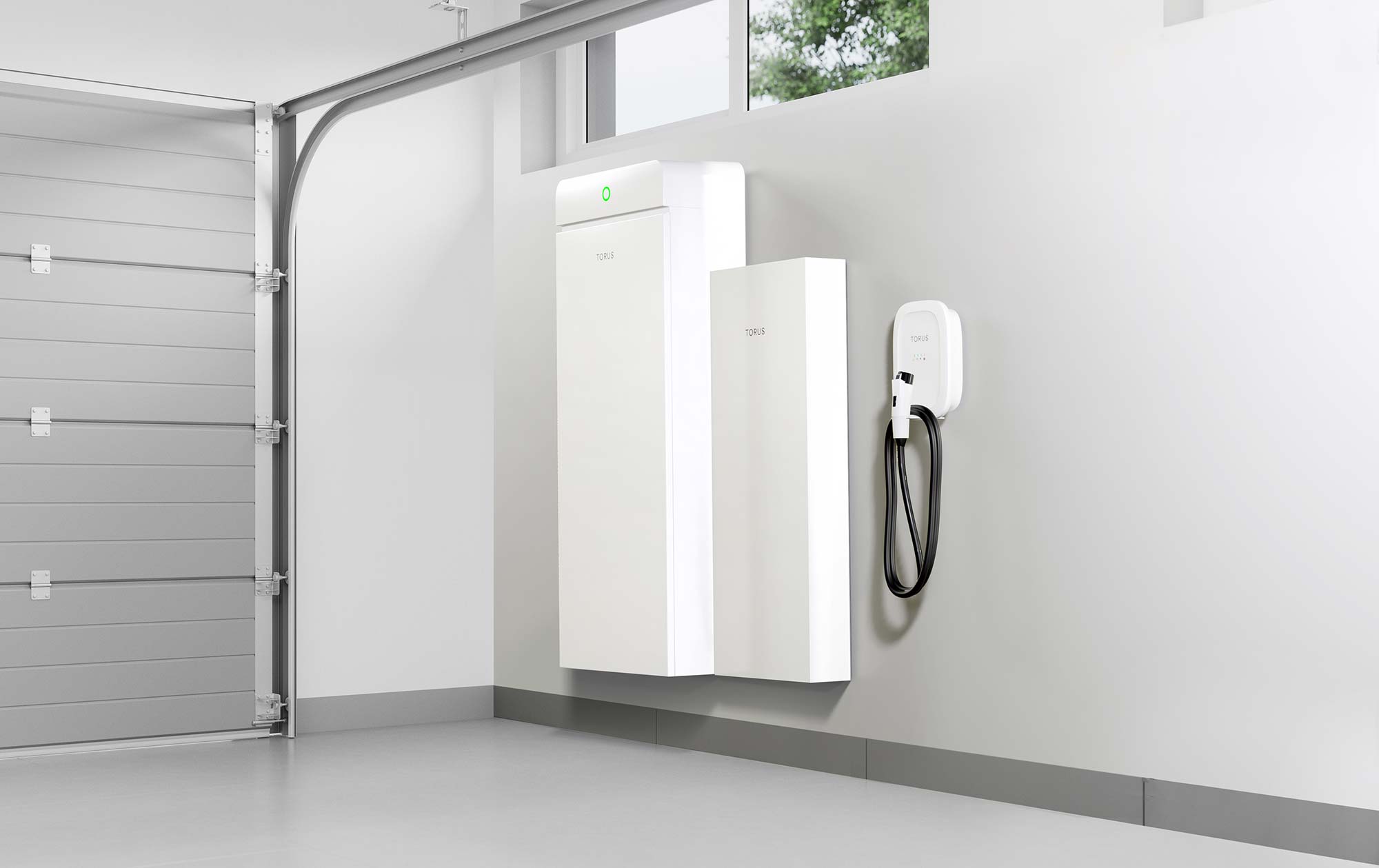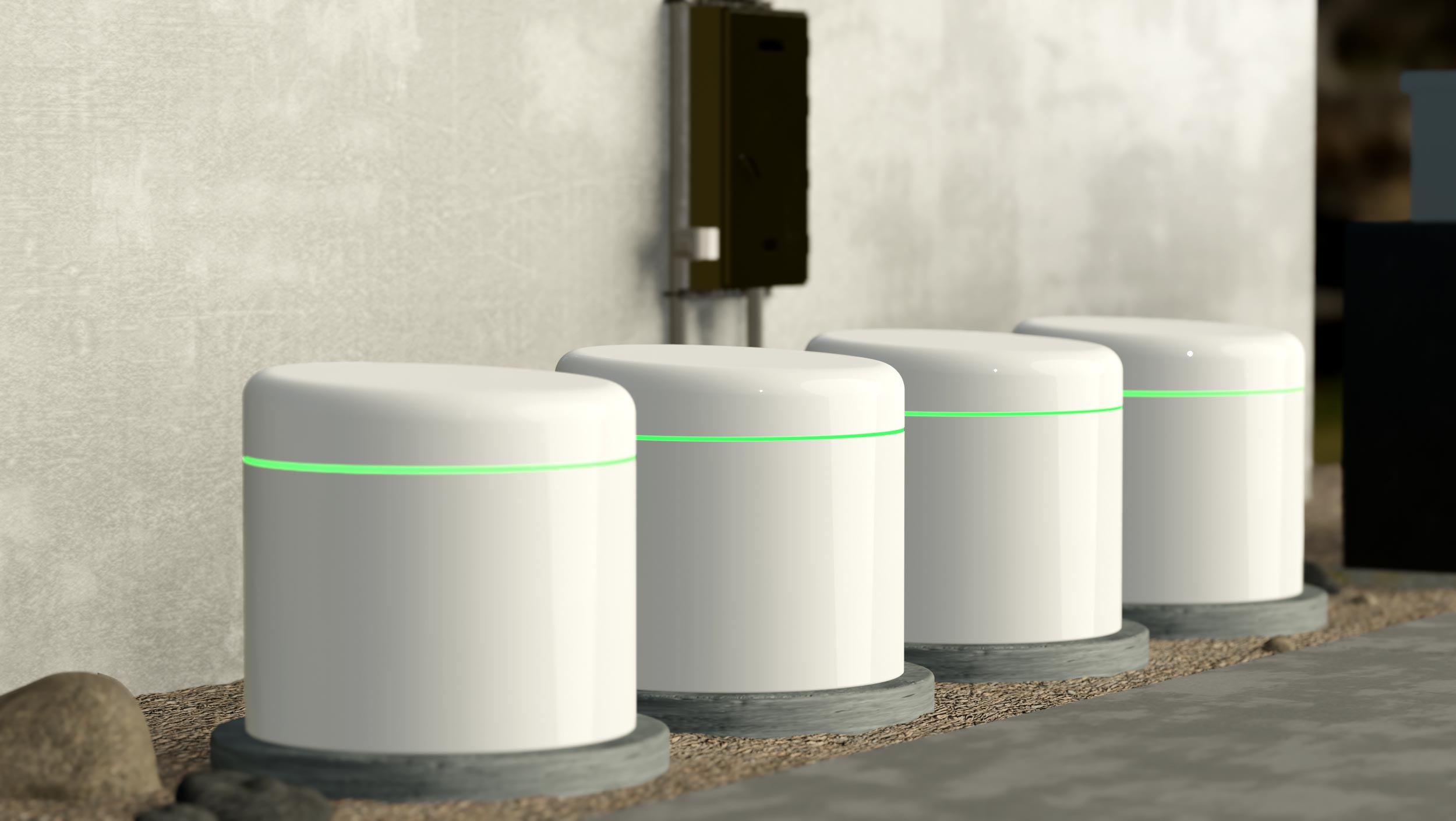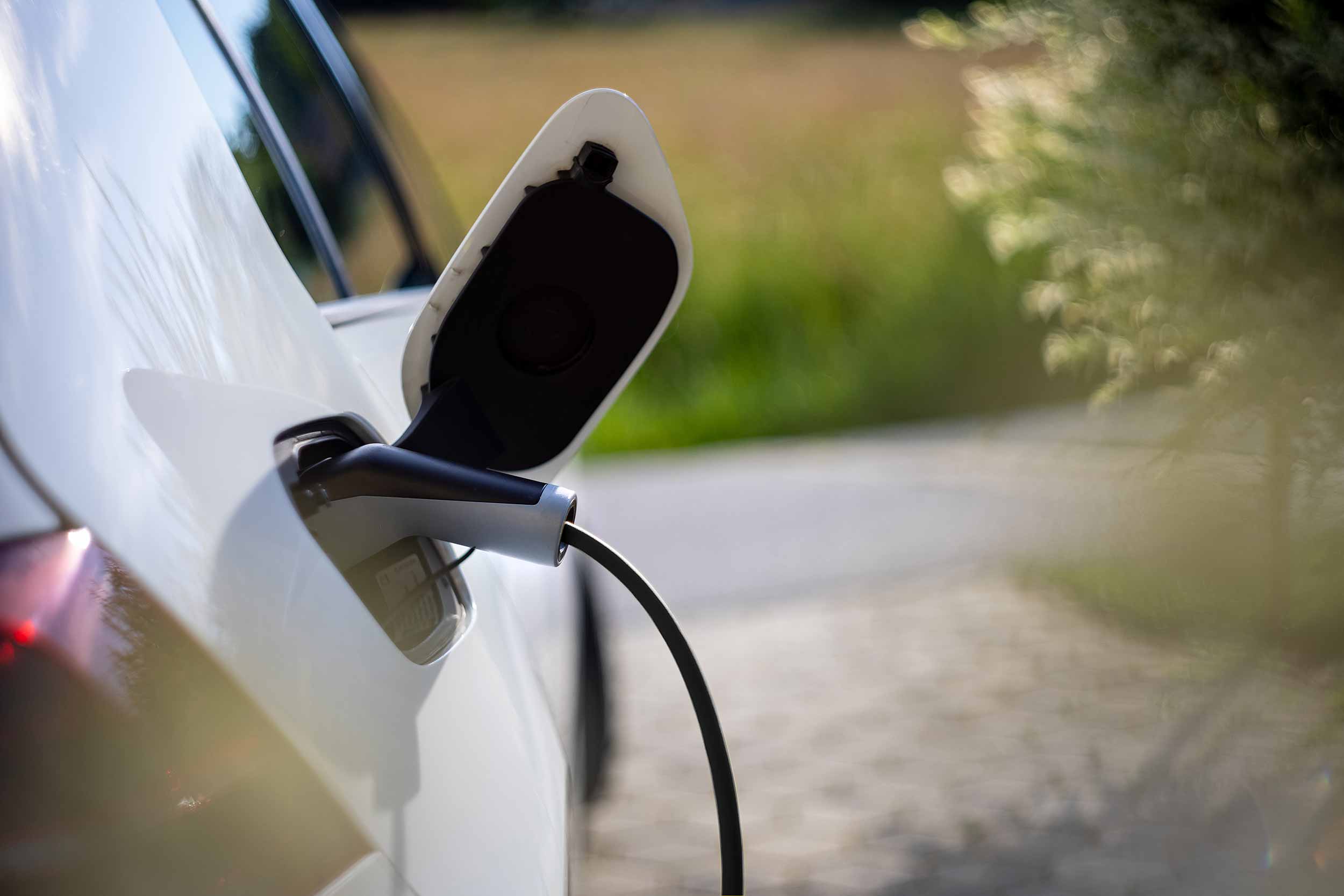What Are the Pros & Cons of Geothermal Energy?
Understanding how to effectively harness the earth’s natural heat
Geothermal energy harnesses the Earth's natural heat from beneath its surface. This form of renewable, sustainable energy has gained recognition for its abundance and potential to contribute to a cleaner and more sustainable future. Below, we’re discussing a few of its benefits and challenges.
Pros of Geothermal Energy:
- Renewable and Sustainable: Geothermal energy derives from the Earth's natural heat, which is continuously replenished. As a renewable resource, it provides a reliable and sustainable source of power that can be harnessed for electricity generation and heating purposes.
- Clean and Low Emissions: Geothermal power production emits minimal greenhouse gases, making it an environmentally friendly energy option. Compared to traditional fossil fuel-based power generation, geothermal energy contributes significantly less to air pollution and carbon emissions.
- Base Load Power: Geothermal power plants can provide constant and consistent electricity generation, offering a reliable base load power source. This stability is an advantage when meeting continuous energy demand, which in turn reduces the need for backup power sources.
- Heat and Hot Water Generation: Geothermal energy can be used for direct heating applications, such as residential and commercial space heating, greenhouse heating, and industrial processes. It also serves as a reliable source for hot water supply, reducing our dependence on traditional heating methods.
- Job Creation and Economic Benefits: The development and operation of geothermal power plants create employment opportunities and contribute to local economies. The industry provides jobs in areas like exploration, drilling, power plant construction, and ongoing maintenance.
Challenges of Geothermal Energy:
- Site Dependence: Geothermal energy is location-specific and can only be harnessed in areas with suitable geological conditions, such as regions with active volcanic activity or geothermal reservoirs. This limitation restricts its widespread adoption and requires careful site selection.
- High Initial Investment: Geothermal power plants require significant upfront costs for exploration, drilling, and infrastructure development. These initial investment requirements can be a barrier, particularly for smaller-scale projects or in areas with limited financial resources.
- Environmental Impact and Risks: Improper geothermal resource extraction can lead to environmental consequences, including land subsidence, induced seismic activity, and potential release of harmful gases and minerals. Responsible management practices and thorough environmental impact assessments are essential to mitigate these risks.
- Limited Resource Lifetime: Geothermal reservoirs have finite heat resources, and excessive extraction rates can deplete them over time. Proper management and sustainable utilization practices are necessary to ensure the long-term viability and efficiency of geothermal energy production.
- Transmission Challenges: Geothermal power plants are often located in remote areas, requiring substantial investment in transmission infrastructure to deliver the electricity to populated regions. The distance between the power plant and consumers can result in transmission losses and added costs. By implementing responsible practices, investing in research and development, and ensuring proper site selection, we can maximize the benefits of geothermal energy while minimizing its potential drawbacks.
The Torus Station is the most effective way to create, store, and manage clean, renewable energy at home.
Curious? Learn More.
Interested in a free consultation? Get in Touch
Ready to commit? Customize your system




